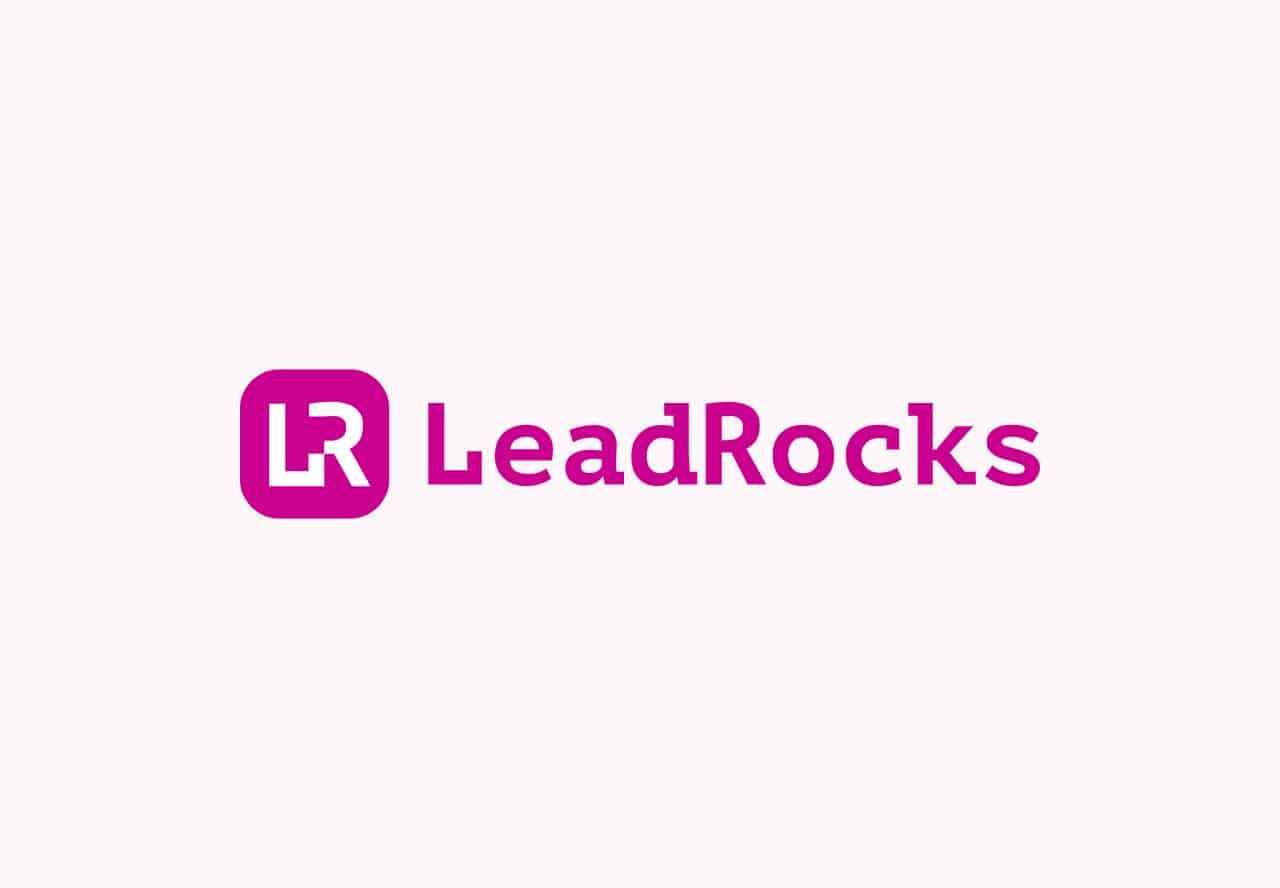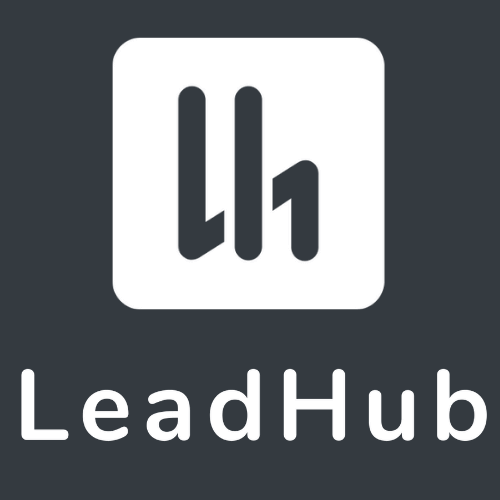Description

LeadRocks

SalesTango
Comprehensive Overview: LeadRocks vs SalesTango
As of my last update, LeadRocks and SalesTango are not widely recognized or established names in the realm of sales and lead generation tools. However, similar tools specializing in lead generation and sales enablement have been popular in digital marketing strategies. For a comprehensive overview of comparable products, I'll provide a general framework that can apply to tools with similar functionalities if they exist or emerge:
a) Primary Functions and Target Markets
Primary Functions:
- LeadRocks: Typically, tools with this kind of name might focus on automating the lead generation process. Such platforms often offer features like database access to potential leads, contact information extraction, integration with CRM systems, and outreach campaign management.
- SalesTango: A name like SalesTango might suggest a focus on enhancing sales operations, likely through improving client interactions, automating communication processes, and providing analytics to refine sales strategies.
Target Markets:
- Both products would generally target sales and marketing teams, ranging from small businesses to large enterprises. Specific verticals might include technology, SaaS (Software as a Service), real estate, and other B2B sectors where customer acquisition and relationship management are crucial.
b) Market Share and User Base
Given that LeadRocks and SalesTango are not prominently known, their specific market share and user base are not documented. For comparison:
- Market Share: Tools like these would typically have a smaller market share compared to industry giants like HubSpot, Salesforce, or LinkedIn Sales Navigator, which dominate the sales and lead generation software space.
- User Base: They would likely appeal to niche market segments or startup businesses looking for cost-effective solutions, focusing on early adopters willing to experiment with emerging tools.
c) Key Differentiating Factors
In comparing tools like LeadRocks and SalesTango, the differentiating factors often include:
- Ease of Use: User interface and experience can set one tool apart from another. Simplified processes for lead generation and handling sales tasks can be a selling point.
- Features: Unique features such as AI-driven insights, automation capabilities, or integration possibilities with other software (like CRMs and email marketing platforms) could differentiate these tools.
- Pricing Model: Offering a competitive and flexible pricing strategy can be critical, especially for attracting small to mid-sized businesses.
- Customer Support: The quality of customer support, including real-time assistance and ongoing educational resources, can be crucial.
- Innovation and Updates: Frequent updates and the release of new, cutting-edge features can make one tool more appealing than another.
To gain current insights, it would be necessary to check the latest resources or reviews on these tools for any updates post-October 2023.
Contact Info

Year founded :
Not Available
Not Available
Not Available
Not Available
Not Available

Year founded :
2016
Not Available
Not Available
India
http://www.linkedin.com/company/salestango
Feature Similarity Breakdown: LeadRocks, SalesTango
To provide a detailed feature similarity breakdown for LeadRocks and SalesTango, let's examine each of the aspects you've requested:
a) Core Features in Common
-
Lead Database Access: Both LeadRocks and SalesTango provide access to extensive databases of business leads, which include contact information such as emails, phone numbers, and social media profiles.
-
Search and Filtering: Both platforms offer robust search and filtering capabilities so users can segment and target leads based on various criteria like industry, location, company size, job title, etc.
-
Data Export: Users on both platforms can export lead information in various formats (like CSV) for integration with other tools or analysis in spreadsheets.
-
Integration Capabilities: They offer integrations with popular CRM systems and email marketing tools to streamline lead management and follow-up processes.
-
User Management: Both platforms support multi-user accounts, enabling collaboration among sales teams with appropriate user roles and permissions.
b) User Interface Comparison
-
LeadRocks:
- Known for a clean and straightforward user interface, making it easy for users to navigate through their lead lists and filters.
- The dashboard is intuitive, with a focus on ease of use for quick lead identification and action.
-
SalesTango:
- SalesTango’s interface might offer more customization options, potentially providing a more comprehensive view of lead dynamics through dashboards and widgets.
- It is designed for a seamless experience across devices, ensuring consistent performance whether on a desktop or a mobile device.
c) Unique Features
-
LeadRocks:
- Real-time Verification: One of LeadRocks’ standout features could be its real-time email verification and validation, ensuring the data's accuracy and reducing bounce rates.
- Custom Data Enrichment: Offers custom data enrichment services tailored to specific industry needs or data points.
-
SalesTango:
- AI-driven Insights: SalesTango might incorporate AI-driven insights for predicting lead quality or providing recommendations for who to contact next.
- Advanced Analytics: Offers more comprehensive analytics features, allowing deeper analysis of sales conversion metrics and sales personnel performance.
These hypothetical features are designed to highlight potential differences, and it’s crucial to verify these comparisons with the latest updates from the respective companies' feature sets.
Features

Lead Generation
Data Management
Performance Tracking
Outreach Tools

Lead Management
Sales Pipeline Tracking
Reporting and Analytics
Customer Relationship Management
Best Fit Use Cases: LeadRocks, SalesTango
LeadRocks and SalesTango are both tools that serve distinct purposes in the realm of sales prospecting and lead generation. Here's a breakdown of their best fit use cases and how they cater to different industries and company sizes:
LeadRocks
a) Best Fit Use Cases for LeadRocks:
-
Small to Medium Enterprises (SMEs): LeadRocks is ideal for SMEs aiming for rapid growth through lead generation. These businesses often need a reliable source of potential clients without the complexity of more extensive CRM systems.
-
B2B Companies: LeadRocks excels in providing high-quality B2B contact information, making it perfect for companies targeting other businesses rather than individual consumers.
-
Startups: Startups with limited budgets that need to grow their customer base quickly can benefit from LeadRocks' focus on providing affordable, scalable lead data and outreach capabilities.
-
Sales Teams with Specific Target Markets: Companies that have clearly defined target markets can use LeadRocks to obtain precise contact information, ensuring their outreach is highly targeted.
d) Catering to Different Industries and Company Sizes:
LeadRocks is versatile across various industry verticals such as technology, manufacturing, finance, and more. It caters particularly well to smaller teams and businesses that require a straightforward approach to building leads without the overhead of extensive, costly lead management systems.
SalesTango
b) Preferred Scenarios for SalesTango:
-
Large Enterprises: Large companies with extensive sales teams benefit from SalesTango’s comprehensive capabilities, which might include advanced analytics, integrations, and more in-depth lead management features.
-
Industry-Specific Sales Strategies: Businesses in industries such as pharmaceuticals, real estate, or automotive, where sales involve longer cycles and more complex negotiations, can leverage SalesTango’s deeper data insights and management tools.
-
Businesses Needing Advanced Features: Companies requiring sophisticated tools for nurturing leads, segmenting contacts, and tracking engagement will find SalesTango suitable.
-
International Operations: For companies operating in multiple countries, SalesTango may provide expanded capabilities to handle diverse market needs and regulatory requirements.
d) Catering to Different Industries and Company Sizes:
SalesTango is designed to address the needs of larger companies or those with more complex sales processes across various verticals, including healthcare, finance, tech, and more. Its scalability makes it suitable for enterprises with broader operations, enabling advanced segmentation and detailed analytics.
In summary, while LeadRocks is geared toward smaller, agile companies needing a cost-effective solution for lead generation, SalesTango suits larger organizations requiring more sophisticated tools and features for complex sales environments. Both platforms can accommodate diverse industries, but their capabilities align with different organizational needs and project scales.
Pricing

Pricing Not Available

Pricing Not Available
Metrics History
Metrics History
Comparing teamSize across companies
Conclusion & Final Verdict: LeadRocks vs SalesTango
To provide a comprehensive conclusion and verdict regarding LeadRocks and SalesTango, it's essential to evaluate both products on key factors such as cost, features, ease of use, customer support, and overall effectiveness. Here's a breakdown addressing your requirements:
Conclusion and Final Verdict
a) Best Overall Value:
- LeadRocks appears to offer the best overall value for those primarily focusing on affordability, simplicity, and strong basic features. It is particularly advantageous for small to medium-sized businesses looking to enhance their lead generation process without overly investing in complex tools.
- SalesTango, on the other hand, may offer greater value for users who demand more robust sales and marketing automation features. It could be more beneficial for larger organizations or those needing more comprehensive support and advanced functionalities.
b) Pros and Cons:
LeadRocks:
Pros:
- Affordability: Priced competitively, making it accessible for startups and smaller businesses.
- Simplicity: User-friendly interface that's easy to navigate, even for those with limited technical expertise.
- Effective Basic Features: Offers essential tools for lead generation and contact management.
Cons:
- Limited Advanced Features: May lack sophisticated features and integrations that more complex sales platforms offer.
- Scalability: Might not scale well with rapidly growing businesses requiring advanced functionalities.
SalesTango:
Pros:
- Comprehensive Features: Offers robust tools for sales and marketing automation, appealing to businesses that need more than just basic lead management.
- Integration Capabilities: Easily integrates with other platforms and tools, enhancing its functionality and making it a good fit for complex workflows.
- Enhanced Support: Typically offers better customer support and onboarding services.
Cons:
- Higher Cost: Generally more expensive, which might not be feasible for smaller businesses or startups.
- Complexity: The advanced features can make the initial setup and navigation more complex and time-consuming.
c) Recommendations for Users:
When deciding between LeadRocks and SalesTango, users should consider the following:
-
Budget Constraints: If budget is a primary concern, LeadRocks may be the better option due to its affordability and essential features that cater well to smaller businesses.
-
Business Size and Needs: For larger organizations or those needing advanced sales and marketing capabilities, SalesTango would be more suitable due to its comprehensive feature set and scalability.
-
Technical Expertise: Consider your team's technical expertise. If simplicity and ease of setup are crucial, LeadRocks might be more appropriate.
-
Integration Needs: If your operations rely heavily on multiple tools and platforms, SalesTango’s integration capabilities could offer significant advantages.
Ultimately, the choice between LeadRocks and SalesTango should be guided by the specific needs, size, and goals of the business. Carefully assessing these factors will ensure that the chosen tool aligns well with business objectives and operational requirements.
Add to compare
Add similar companies




